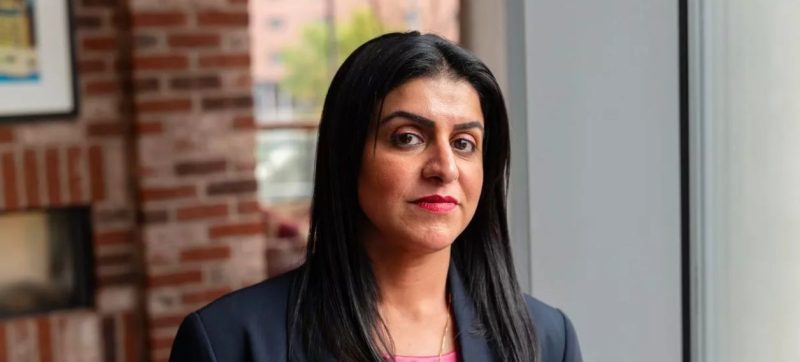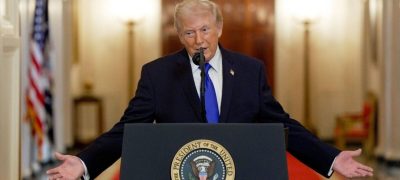Migrants in the UK could soon face tougher rules to secure their future.
Home Secretary Shabana Mahmood is expected to announce that newcomers will need to prove they are making real contributions to society before gaining long-term residency.
Speaking at the Labour conference, Mahmood will set out stricter conditions for those applying for indefinite leave to remain. Her plan links settled status to clear evidence of participation in the UK’s economy and communities.
Under the proposal, migrants will no longer qualify for automatic rights after living in the country for a set number of years. Instead, applicants will need to show proof of work, tax contributions, or positive involvement in public life. Government sources say the aim is to ensure migration delivers benefits for the country.
Supporters argue the plan will strengthen public trust in the immigration system. Many citizens, they say, want assurances that those settling in Britain are helping the economy and local communities. Mahmood hopes that by tying residency to contribution, she can balance fairness with accountability.
Critics, however, warn the new hurdles may create uncertainty for thousands of migrants. Many already face long waits and complex legal processes. Human rights groups are expected to raise concerns that the changes could leave families in limbo.
The announcement comes at a time when immigration remains a central political issue. Pressure on housing, jobs, and public services has kept migration policies in the spotlight. Mahmood’s proposal reflects Labour’s attempt to respond with firm but measured action.
If adopted, the policy could reshape the pathway to UK settlement. It would replace automatic timelines with a system that rewards effort, contribution, and responsibility. This approach also reflects wider global trends, as many countries tighten migration laws.
For instance, the UK is reviewing permanent residency rules while other nations are adjusting their visa systems. China has recently expanded its K-visa to attract technology experts, while the US has raised fees for its H-1B program.
The focus on fairness and contribution is likely to dominate debate in the weeks ahead. For migrants already in the UK, Mahmood’s plan could mean preparing stronger evidence of their role in society.
The idea that migrants must “earn” settled status is expected to spark discussion. Whether it boosts public confidence or fuels controversy will depend on how the rules are designed and enforced.







